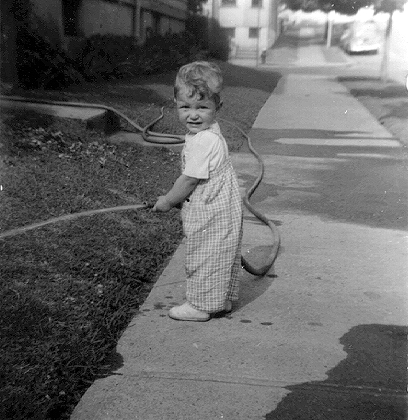"Tonight at Noon" is the name of a book written by Sue Mingus, wife of jazz great Charles Mingus, about their improbable love affair, marriage, and his death. I have always thought that their story is special. Here is a description of the book:
"The widow of the legendary bassist, band leader and composer Charles Mingus tells the story of their improbable love affair and marriage. They were an unlikely couple, a debutante from a proper Midwestern family and an antiestablishment maverick from the Watts section of Los Angeles, "jazz's angry man." When they met in 1964, she was puzzled by his anger, outrage and tempestuous life, so different from her own, which had been founded on order and decorum. Yet she was not intimidated by his volatility and ferocious temper. Together they organized a small mail-order record club to market Mingus's work, his way of getting back at the major labels that had cheated him. The author was soon "trapped in the middle of his vast appetites and imagination, his sexuality, his angry intelligence, his nonsense and his pain." After years of an on-and-off affair, they were married in 1975".
And some words from the book:
We walked for a few blocks and caught a cab in front of the Plaza Hotel, where he said it was easier to find a driver who overlooked the color of your skin in favor of the green inside your wallet. In the middle of our ride, Mingus changed his mind about dinner and said there was something important he needed to show me first. He ordered the driver instead to Grand Central Station. When we arrived, he jumped out of the cab and swiftly led me downstairs, hurrying through the halls and corridors until we reached a corner that echoed our voices along a wall. I waited at one end of the long wall while he spoke in a low whisper from the other side, unexpected words of tenderness that roared across the room, shy words of love that slid along the grimy walls of Grand Central Station as distant and unreal as the graffiti they swept past.
"I love you," he was saying. "I want you to be my woman." I laughed off his words. They were sounds in a station from a man I hardly knew. Still, I went on listening.
As I related earlier from John Cassavetes work, you never know what life is going to do. And you should always believe.
Subscribe to:
Post Comments (Atom)




No comments:
Post a Comment